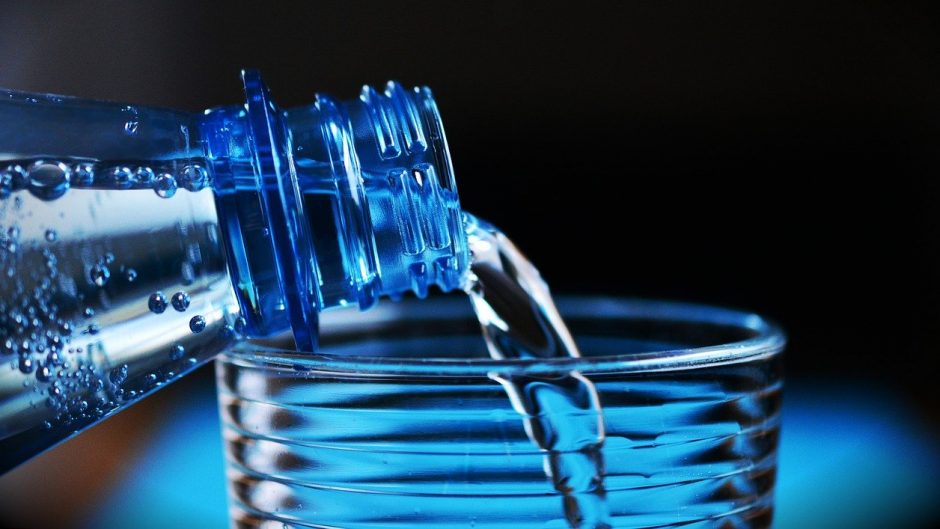Doctors love to prescribe medication to fix your various ailments. What they don’t tell you is that many natural substances do the same job – one of which is water. Nothing added, just water.
10 Reasons we need water:
- It helps maintain blood pressure
This makes a whole lot of sense – a lack of water can cause blood to thicken, increasing your blood pressure. Something my GP did not explain.
2. Helps flush body waste
Water is required for the process of sweating and flushing urine and faeces. If you’re straining a lot in the rear area, it may be because you can’t push a solid mass through a small hole. Water softens that glutenous mass and helps lubricate the passageways.
3. The digestive system depends on water
Dehydration can lead to digestion issues, constipation, and too much acid. The PH balance in your system is important for it to function properly.
4. Regulates body temperature
Sweating naturally reduces your body temperature. When you get too hot, the skin releases sweat. As the sweat evaporates, it cools the body. When you have too little water in your system, you store heat and are less able to tolerate heat strain.
5. Healthy skin
Just like the desert, dry skin develops lines and wrinkles and premature aging.
6. Delivers oxygen to the body
Blood is more than 90 % water and carries oxygen to the body.
7. Lubricates the joints
Water helps to keep your joints lubricated and flexible; the Synovial fluid, which lubricates your joints is made up primarily of water and helps to maintain healthy tissue and joints.
8. Promotes weight loss
Talk about a food that has zero calories! And increases your metabolism. Oh, and reduces hungry tummy. Oh, and fills your tummy just before mealtimes, making you less likely to eat six bowls of ice-cream.
9. Gives you energy
Your brain is mostly water – mine is mostly wide-open space – and drinking water helps you focus and feel more alert. Lack of water lowers athletic performance, making you sluggish and reducing the distance you drive your golf ball.
One study showed that dehydrated people consistently had higher levels of fatigue, confusion, and anger. The participants also had problems with concentration, alertness, and short-term memory.
10. A lower resting heart rate
When you are dehydrated, less blood circulates through your body, making your heart work harder to circulate it to all your extremities. A lower resting heart-rate is associated with a lower risk of cardiovascular disease.
How much water should you drink?
Views on this differ. For generally healthy people the view is 4 to 6 cups, which works out to 1 to 1.5 litres a day.
It’s possible to ingest too much water if you have health conditions, such as kidney, liver, thyroid or heart problems; of if you are taking medications that make you retain water.
If you are outside on a hot day, or if you are exercising (or both), you are probably sweating profusely, and you might have to up that rate to two or three cups an hour.
Avoiding dehydration
Not only water keeps you hydrated. All beverages containing water contribute towards your daily requirements. However, keep in mind that many drinks contain sugar, which can lead to weight gain and inflammation, which increases your risk of developing diseases like diabetes.
You don’t have to constantly sip water; downing 500ml of water in a minute hydrates you as much as sipping the same volume over an hour or two.
You can also get fluids from water-rich foods, like melons, cucumber, and most other fruit. Milk, contrary to popular belief, also provides necessary fluid – along with other nutritional benefits.
I would not personally recommend drinking municipal water – the stuff wot comes out of taps – because it’s a vile phlegmy creature which is full of chlorine and other lovely little surprises.
Personally, I love water, especially swimming in the stuff. Just don’t drink the swimming-pool water, as it is known to contain little children’s urine.





